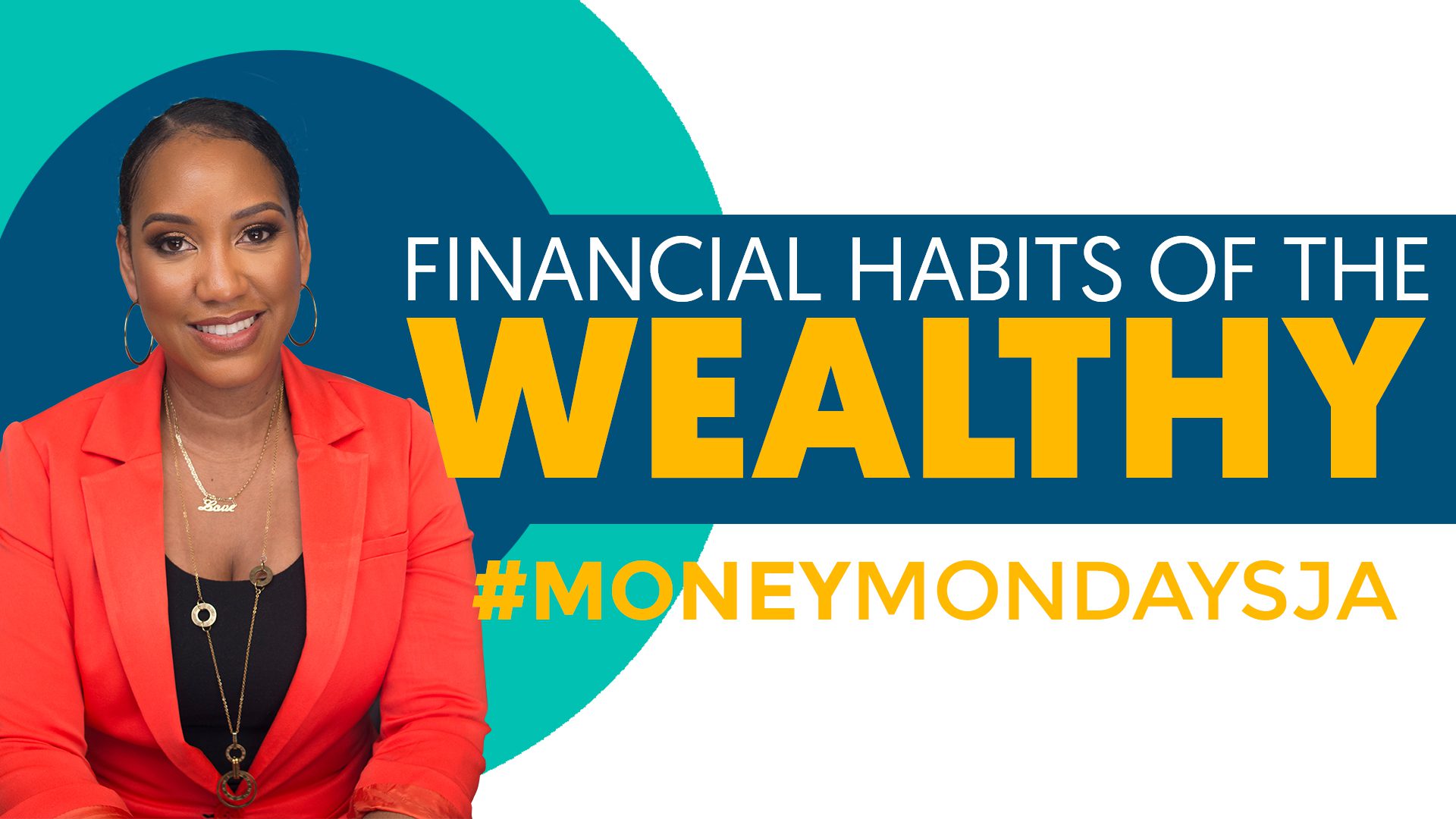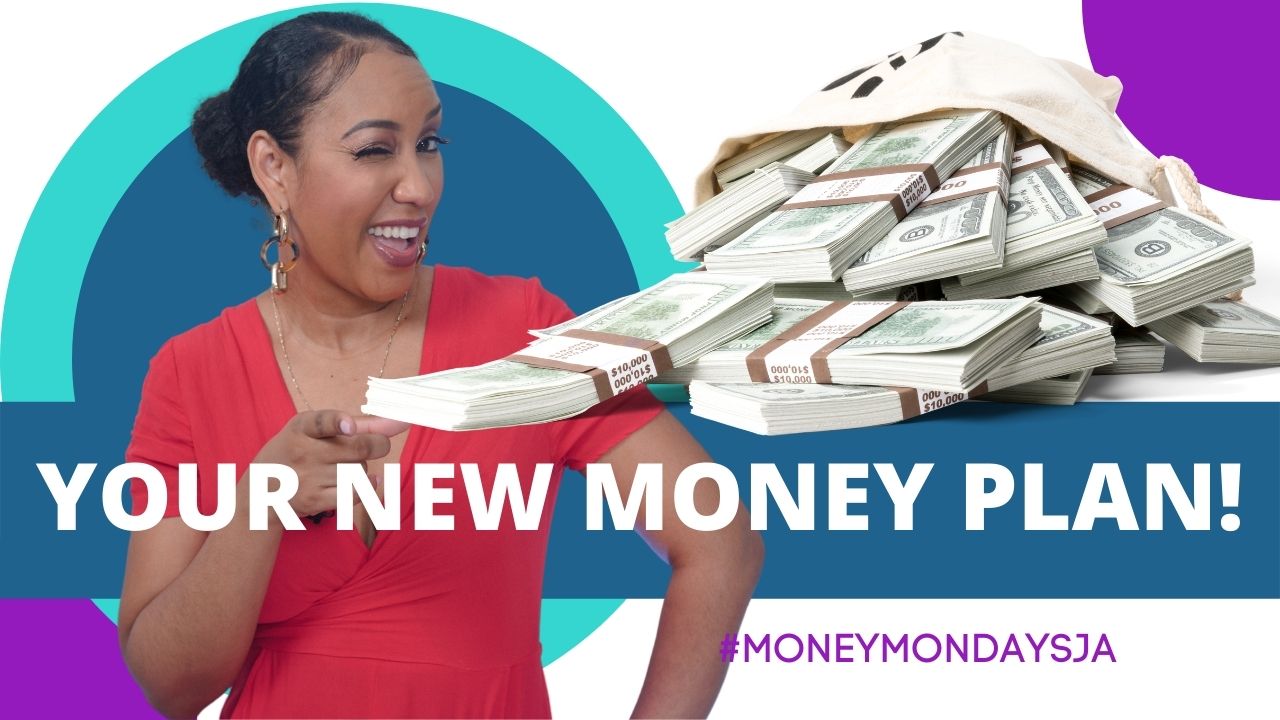Transcript
“Your loan application has been denied.” The most hurtful words anyone looking for a loan can ever hear. What happened though? You had your security deposit, last three pay slips, three reference letters, guarantors, your first baby tooth but still you were denied the loan. Two words: Credit Score.
Credit scores are not talked about a lot in Jamaica. I really don’t know why because it is one of the things that banks and other financial institutions look at when they are deciding to approve a loan application. If you are granted the loan, they use your credit score to determine your interest rate and how long you have to repay the loan. So if your loan was approved but your loan officer said, “we can’t give you a loan for five years, but we can give you for three.” Your credit score may have been the reason for this.
Your credit score indicates to lenders how likely you are to repay the loan. It tells how much of a risk you pose to the financial institution granting the loan. After all, they are giving you people’s money so they need to know how likely you are to repay. Your credit score is calculated by a credit bureau and can be between the range of 250 to 900, depending on the range used. Each credit bureau uses a different range. In the US, credit bureaus use the FICO score that ranges from 300 to 850. CreditInfo Jamaica uses a range of 250 to 900 while Credit Information Services use a range of 150 to 950. The higher your credit score, the better. A high score can get you a lower interest rate and better repayment terms.
Credit bureaus collect information from commercial banks, brokerage houses, credit unions, Student Loan Bureau, National Housing Trust (NHT), insurance companies, merchant banks, debt collectors, public institutions, and hire-purchase stores like Courts and Singer and recently Flow. You can now use your bill payment history with Flow to boost your credit score.
The information collected determines your credit score. Your credit score is included on a credit report that is prepared and sent to the bank or credit union that requested a credit score for you. The credit report gives in detail information on your credit history.
But don’t worry, you can also request a credit report for yourself to see your credit score. Every single person and business is entitled to receive one free credit report per year from any of the bureaus in Jamaica. You can request it from any of the credit bureaus. These include CreditInfo Jamaica, CRIF Information Bureau Jamaica Limited and Credit Information Services.
Credit Bureaus collect information on the type of work you do, your salary, addresses, this they get from utility companies like JPS and more recently NWC, your age, the number of loans you have had, outstanding loan balances, the types of credit facilities you have had for example mortgage, car loan, business loan; how well you have repaid them and the number of credit cards you have had. They want to know if you make regular loan payments, do you pay later or not at all?
They want to know how long you’ve been making credit transactions. Having no credit transactions over the last seven years will lower your credit score. This is why having a credit card that you use every now and again in moderation and repay on time is recommended as one of the ways to maintain a good credit score.
A credit card is not a bad thing. What matters is how you use it. Check out my Credit Card episode. I gave some pointers on how you can use your credit card wisely.
Credit bureaus also collect information on how often you apply for credit. This is called credit shopping. It is a red flag if you are always applying for loans.
Sounds like a lot of information, doesn’t it? That is where the credit score comes in. It summarizes the information so that your loan officer can use it to decide if your loan application should be approved. To make it easy to calculate the credit score, credit bureaus assign different levels of importance to the information collected. Your outstanding credit balances may contribute more to your credit score than the length of your credit history. It is like your grade for the school semester. Your teacher will give you group work that’s worth 10% of your final grade, you will get an individual test worth 40% and you will get an end of term exam worth 50% of your final grade. Similarly, your outstanding balance may be worth 35%, length of credit history 15% and so on.
Now that you know about credit score, how can we fix a bad credit score?
One: Make loan payments on time and reduce outstanding loan balances that have been long overdue.
Two: Reduce the number of loans that you have taken out. One way to do this is by consolidating all your loans. What does this mean? Take out a loan that is the sum of all your individual loans, you may even get a lower interest rate than the ones you have on your existing loans. Use that loan to repay all your outstanding loan balances so that you will now have only one monthly loan payment to make. Check out this other episode where we talked some more about debt consolidation.
For those who have never taken out a loan, you do not have to. You can get a credit card with a low limit and use the credit card only when you know that you already have the cash to cover the purchases you will be making with the credit card. Then clear your credit card on or before the due date with the cash you had to make the purchases. Simple isn’t it?
Some advice. Do not wait until you want to get a loan to request your credit report. Request your credit report so that you can see your credit score and to give you time to increase it if it needs to be increased. Knowing your credit score also puts you in a good position to negotiate the terms of your loan. If you know you have a high score, you can ask for a better interest rate and they’ll likely give it to you since you’re a valuable client.
In the US, there are people whose job is to help you fix your credit score. Hopefully, we can start having more conversations around credit score in Jamaica and who knows, create some new jobs out of it.
Date: November 23, 2020
Writer: Toni-Ann Myrie
Categories: MoneyMondaysJA
More #MoneyMondaysJA Episodes






How do I apply to get my credit scores please
Hi Tracy-Ann. The links are in the script. You’ll see the names of the credit bureaus are highlighted in purple. You can click on them and it will take you to the pages to apply for your credit report online.